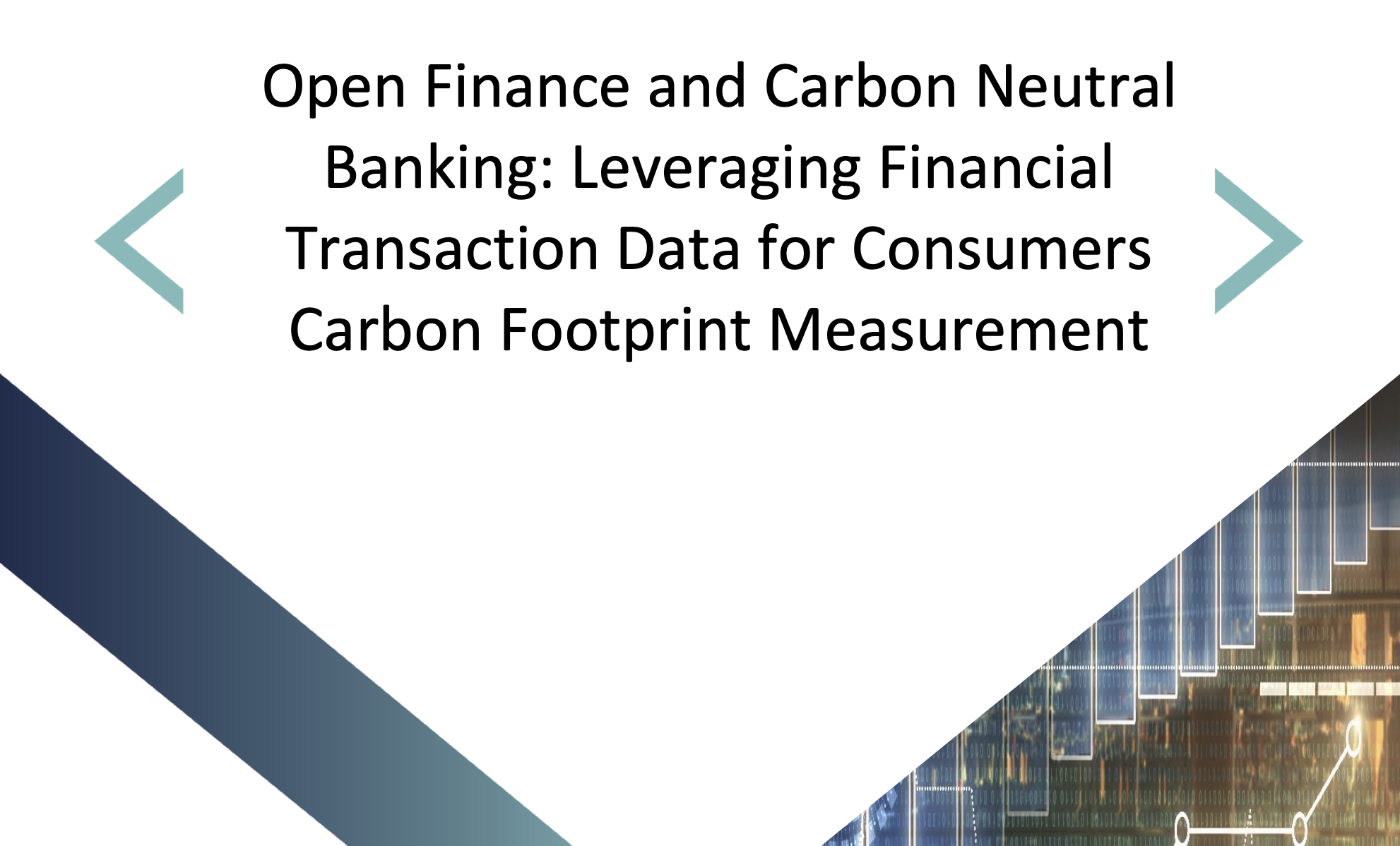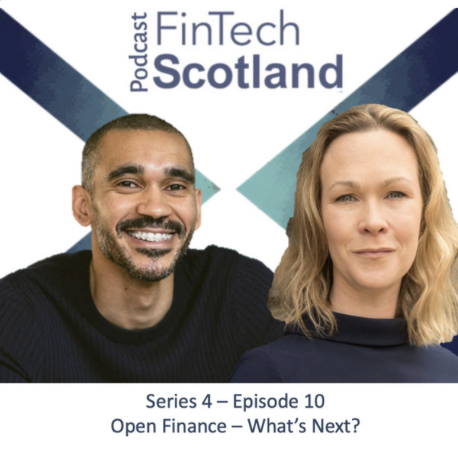Opening Data Responsibly

Kent Mackenzie leads Deloitte’s Risk Analytics practice and has spent over 12 years in a range of financial services roles. With a passion for FinTech, data and advanced analytics, Kent has worked with local, national and international clients to develop tech and data solutions to manage financial crime, regulatory compliance, credit risk, and collections & recoveries.
“Data, quite frankly, should be considered as the lifeblood of any form of innovation and technological development,” says Mackenzie. “It’s very pertinent in our industry, financial services, that all products and advice for consumers require a hefty analysis of data; either on a personal level based on likes, preferences, hopes, dreams and desires, or with an overlay on those products of the broader population’s needs.”
In Mackenzie’s mind, having open access to data is what really helps innovation advance quickly, specifically in financial services, because it helps provide specific information on the types of products and services that can be offered. “If we can democratise data in this space, we can open up financial services to a variety of communities that perhaps haven’t in the past had the privilege of a financial product or service,” he explains. “It can help us to educate those that perhaps need a bit more help in understanding financial products.”
Before we get to this point, however, we need to rectify the opposing forces between the desire and ambition from organisations, regulators and innovators, to democratise data and create an open playing field, versus an anxiety around data privacy, respect of data and regulatory access to data. Mackenzie maintains that while we recognise the need to provide access, we need to do so respectfully and within the confines of respecting privacy, data integrity and bias. Over the past five years, he believes regulators within the UK have been doing a great job of opening up safe sandboxes, and credits the open data movements that have created anonymised data that is meaningful and can be accessed safely. He underscores that all this needs to be done in a non-competitive manner. “There’s a higher calling here to create these types of safe spaces to play,” says Mackenzie.
He believes the next incarnation of open data is eventually about providing a complete life-view of how one’s finances may be structured and how people could be guided and remain financially literate along their journey. This chain of events will prompt major innovations within the traditional financial services sphere. For example, real estate businesses can provide a number of add-on services around things such as affordability, insurance and tax standing.
The most important guiding principle of open finance, Mackenzie maintains, is the huge opportunity to level the playing field. “Fundamentally, financial services are a basic human right, and there are some staggering facts whereby large parts of the population do not have access to that basic human right,” he emphasises. “Also, I think that the ability to blend finance into our everyday lives is really exciting. It will create a really good opportunity to have financial services writ large.”



